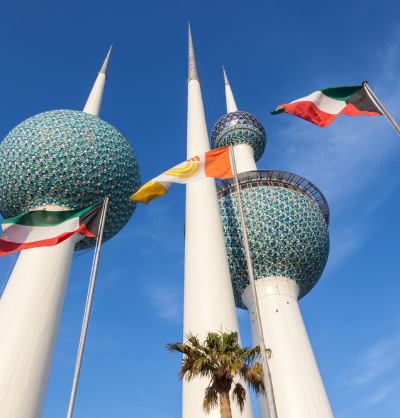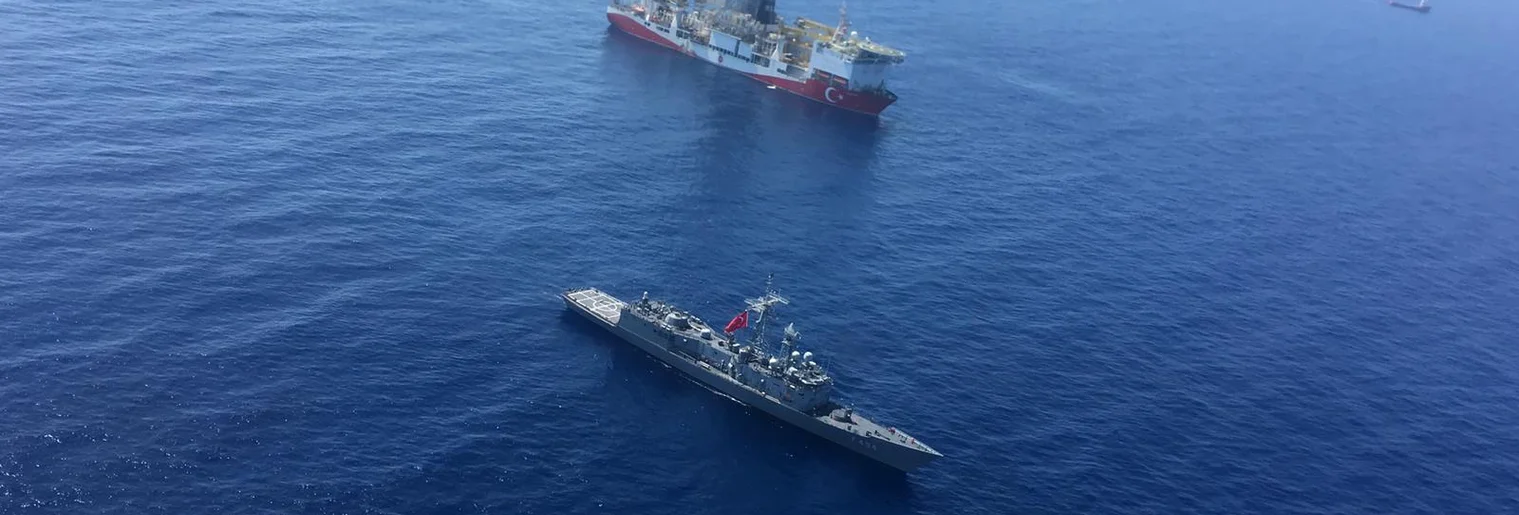In a statement released on 18 January 2020, the European Union Foreign Affairs Spokesperson, Peter Stano, expressed the EU’s concern about Turkey’s intention to recommence drilling activities in the Republic of Cyprus’ Exclusive Economic Zone (EEZ) calling such activities ‘illegal’ and urging Turkey to ‘refrain from any actions undermining regional stability and security.’ One day later, Turkey announced the deployment of its drillship Yavuz in Cyprus’ EEZ. The 1982 United Nations Convention on the Law of the Sea (UNCLOS) has effectively established the international rules regarding the rights and responsibilities for exploration of maritime littorals. Although Turkey is not a signatory of UNCLOS and has not signed an agreement with the Republic of Cyprus on maritime boundaries, the rules established are followed by the majority of states and could be argued as having the effect of customary international law. As such, Turkey’s drilling activities for hydrocarbons in Cyprus’ EEZ are in clear violation of these internationally agreed standards since they take place within 200 nautical miles of Cyprus’ shores, seriously fermenting further escalation of tensions in the area.
In a statement issued last week, Turkish Foreign Ministry Spokesman, Hami Aksoy, noted that ‘The EU has remained silent since 2003 to the usurping of our country’s and the Turkish Cypriot’s rights.’ Indeed, Turkey’s position on this issue is unyielding. Since the 1974 coup that attempted to unite Cyprus with Greece, Cyprus has remained a divided island, with Turkish troops occupying its northern territory, recognised solely by Ankara as the Turkish Republic of Northern Cyprus (TRNC). Ankara claims to be defending the rights of the Turkish Cypriots in the TRNC as a means of the population to have access to the economic benefits of Cyprus’ gas and oil discoveries.
Ankara’s position is defiant as it flexes its muscles in the Eastern Mediterranean in order to project its power and guarantee economic participation in the gas and oil boom of the region. Nonetheless, such acts have the potential to escalate into open military confrontation with its neighbours. For instance, in December 2019, the Turkish Navy interdicted an Israeli ship, the Bat Galim, a vessel from the Israeli Oceanographic and Limnological Research Institution, in Cypriot waters in coordination with Cypriot officials, forcing it to halt its activities and leave Cyprus’ waters. This is not the first time the Turkish Navy directly blocks foreign ship activities in Cypriot’s EEZ. At the beginning of 2018, the ENI drillship Saipem 12000 was prevented by the Turkish Navy to initiate activities in Cyprus’ Block 3. Nicosia had granted the Italian multinational oil company the permit to explore the area in a public bid.
Turkey regards the bid as illegal since this maritime section is part of an area that should belong to TRNC. Again, this is not the understanding of the international community at large, which only recognises the sovereignty of the Republic of Cyprus and consequently its right to the contested EEZ.
These aggressive actions are not limited to drilling activities in Cyprus’ EEZ, but also pertain to the signing of a maritime deal with the UN-backed Government of National Accord (GNA) in Libya last November. The memorandum delimitates maritime boundaries between Turkey and its North African counterpart. The problem is that these supposed boundaries overlap Greece’s EEZ, right off the island of Crete. In a sign of clear rejection of the deal, Greece has expelled the Libyan Ambassador. Nevertheless, if the GNA survives as the official government in Libya, and the maritime agreement with Ankara continues to stand, we could be witnessing very soon the same interference of Turkey’s Navy in Greece’s EEZ off the coast of Crete. It is clear that in this cat and mouse dispute, Ankara retains the upper hand since it has shown a willingness to deploy force. The question remains as to where Turkey will draw the line?
***
Melissa Rossi is an EGIC fellow from the Brazilian Naval War College in Rio de Janeiro





